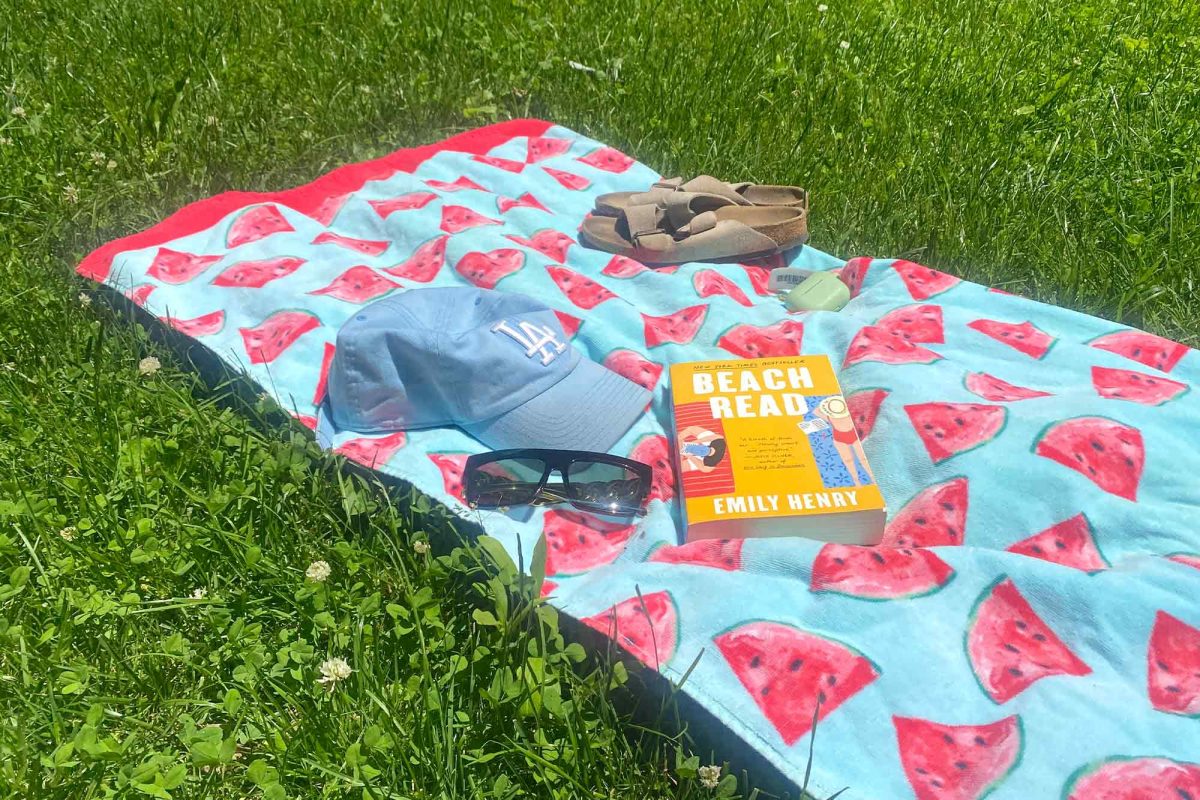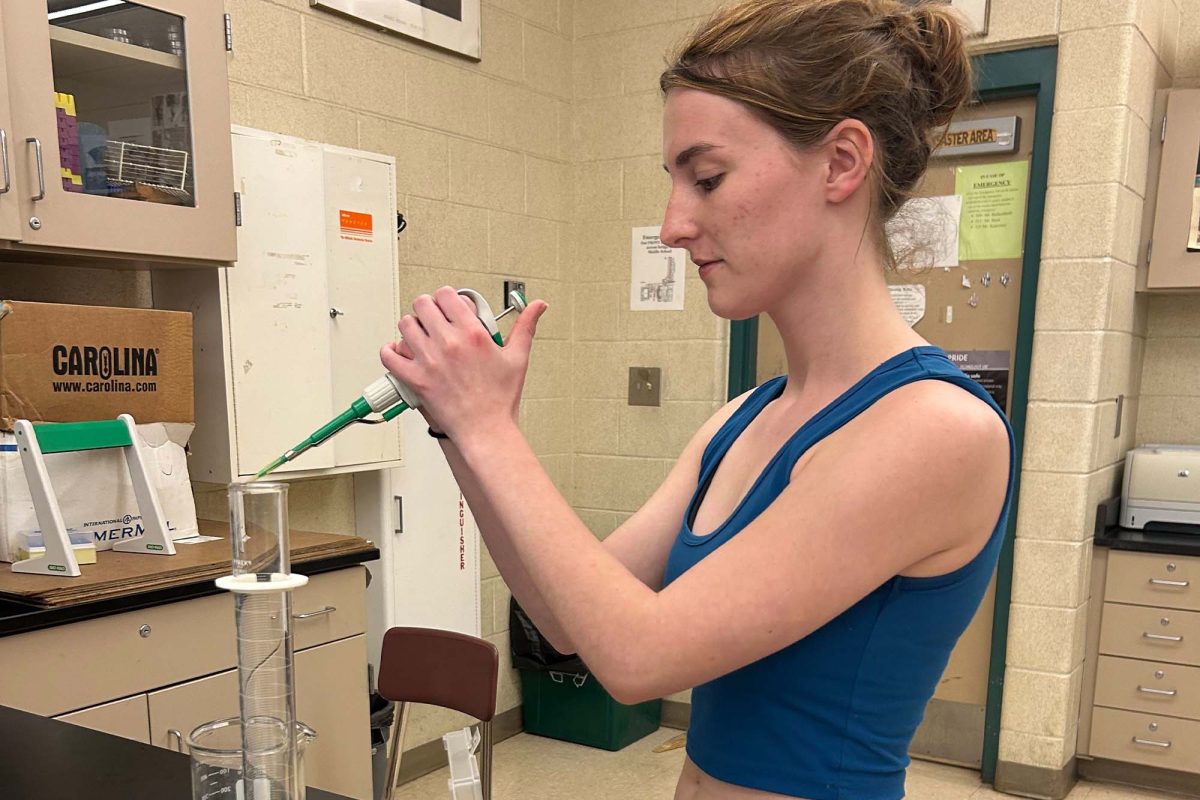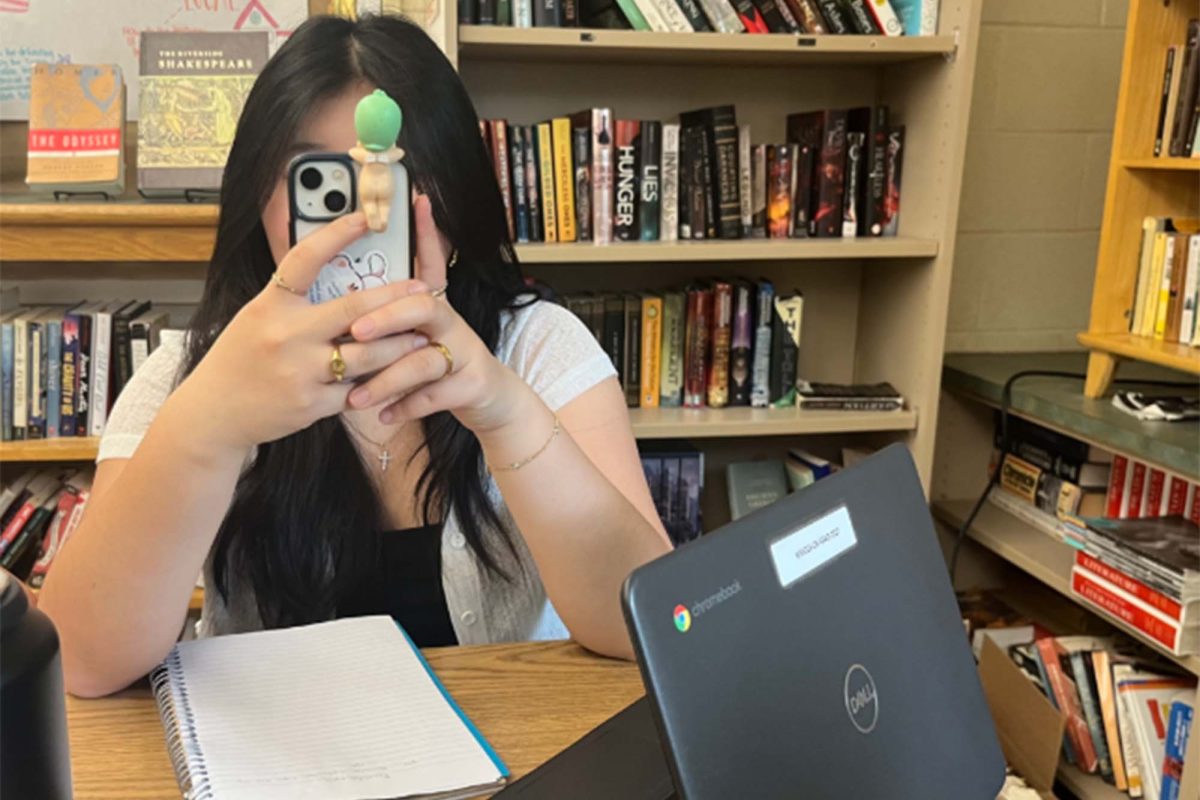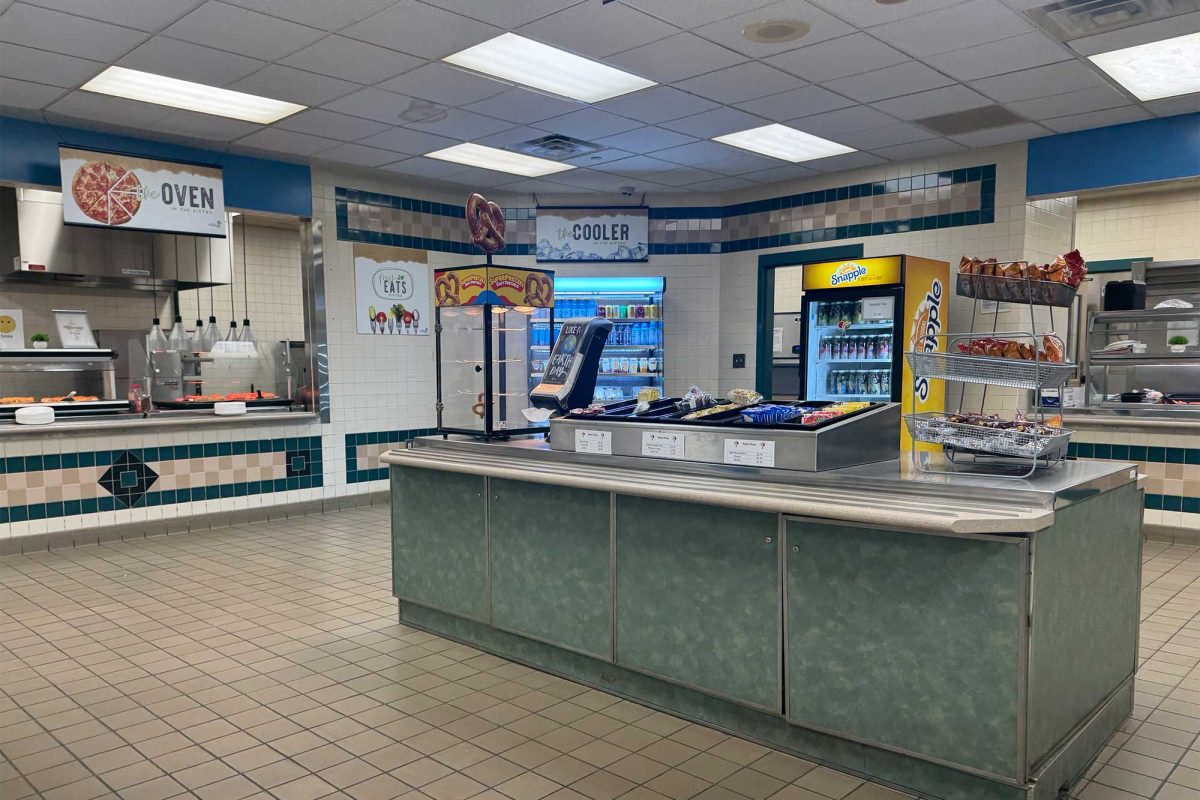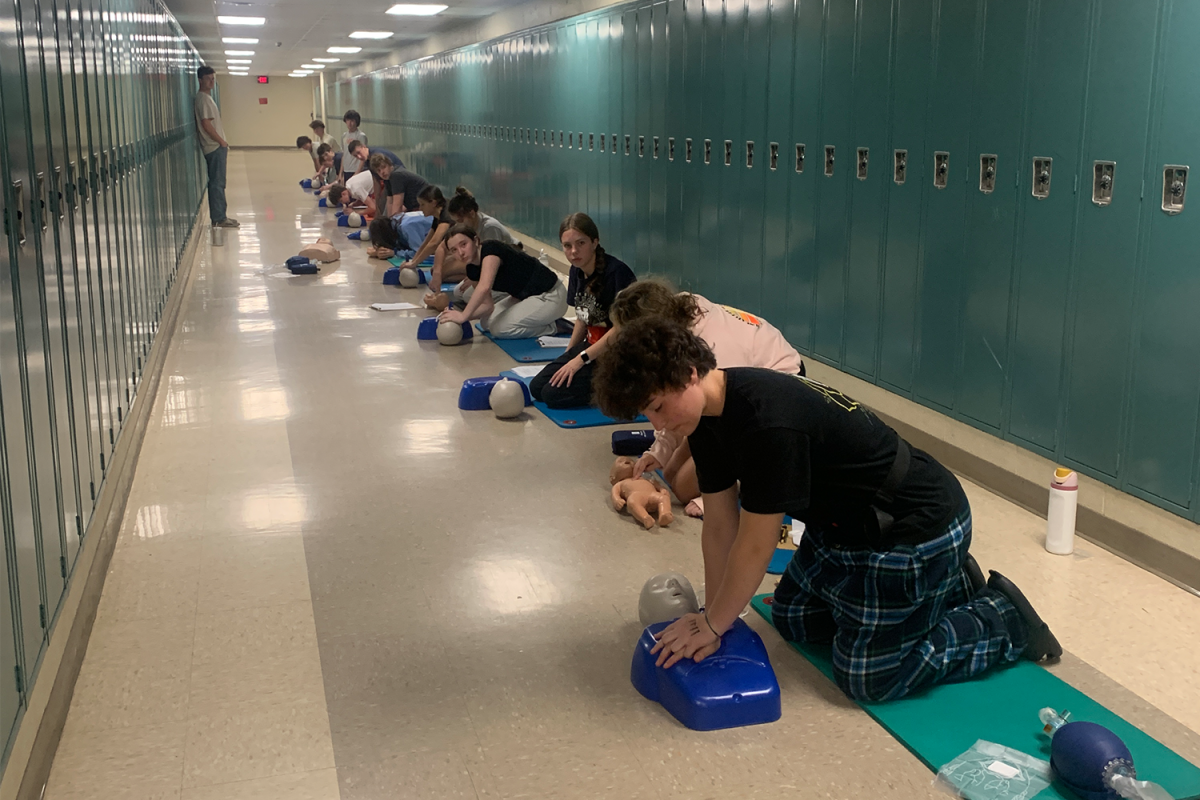Senior Francesca Clark, co-president of the Gender and Sexuality Alliance (GSA), decided to bring back GSA peer education to sophomore health classes after last year’s GSA leaders decided not to visit the health classes.
According to Clark, the decision to suspend the visits last year was not made by all members of the club.
“That decision wasn’t really talked about with GSA, and I was a junior leader last year,” Clark said.
Clark emphasized the importance of the visits, and how students’ learning experiences change when being taught by fellow students.
“I think it’s really important to go more in-depth about sexuality and all of that that the curriculum doesn’t allow you to do normally,” Clark said. “Peer education is like a huge part of learning, and it’s more hands-on, it allows people to pay more attention and feel more connected to what they’re learning. We felt really, really good about it. We were really happy that we started it up again, instead of just letting it not happen and leaving it all on the teachers.”
GSA Advisor and English Teacher Mr. Matthew Morris agrees with Clark. He helped connect the health teachers and the students to work out a plan of action.
“The GSA peer education is really directed by the club, and several people in the club this year felt really strongly about bringing it back, and the health teachers were very into it,” Morris said.
Sophomore Sonya Blum found the GSA visits to be informative.
“I think some definitions were clarified,” she said. “And I think I learned, it was solidified, what is respectful and not respectful.”
Clark notes the lack of discussion around many queer topics, such as preventative measures for queer sex. She hopes that the GSA presentations will spark further amendments to the curriculum and improve representation of the LGBTQ+ community.
“When it comes to queer relationships, the curriculum is not doing its best to teach students,” Clark said.
GSA talks are also a way for students to learn more about what GSA does and make the club’s resources more accessible.
“GSA is about education, but it’s also about support, community support for each other, and about advocacy,” Morris said.
The presentations can help to clear misconceptions about GSA.
“I think a lot of people don’t really think of GSA as a club that is productive per se, they kind of just think it’s a hangout club for the weird kids,” Clark said. “But it’s not. There’s a lot of people in it, and it’s really important.”
Clark, Morris, and Blum felt there was positive engagement during the talks.
“I think that if anyone in the class wasn’t engaged, it wasn’t about the lack of effort on GSA’s part,” Blum said. “I think that the leaders did a great job speaking, and I think that they were respectful and well-spoken.”
Morris commends the time and effort GSA student leaders put into the presentations.
“I sat in on one of the sessions, and I think it went pretty well,” Morris said. “People paid good attention and participated really actively. The students who ran the education session had done a lot of pre-work to get ready for it and updating it even from last time that it was run, and I think that paid off.”
There is much to look forward to for sophomores taking health in the spring.
“I think that we want to include more interactive activities. We wanted to do a project where we would create pronoun pins where you would make your own pronoun pin,” Clark said. “We had a button press and everything, but it broke so we couldn’t use it. So, hopefully, we can add that in this semester.”




